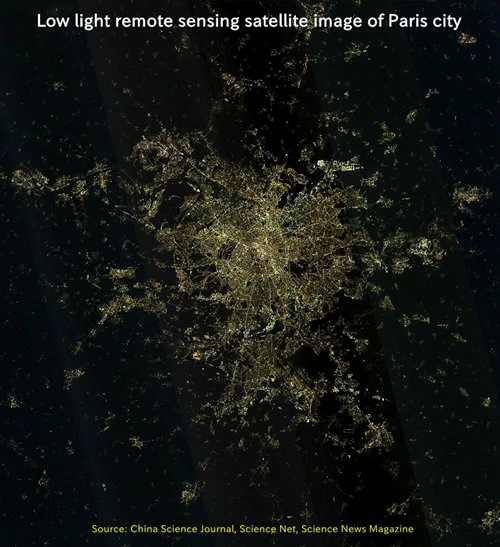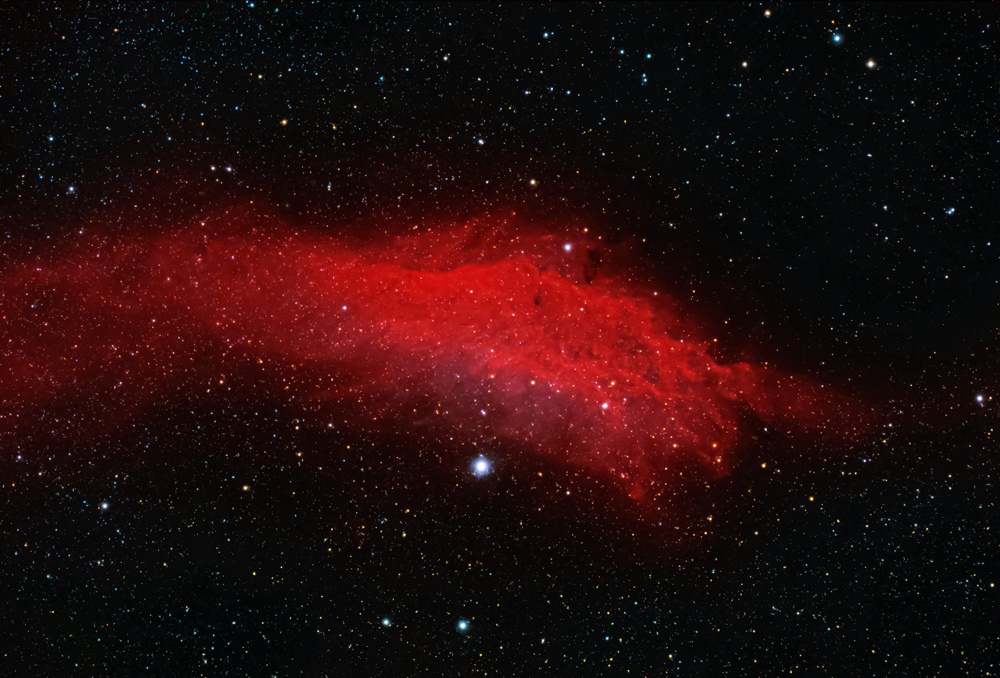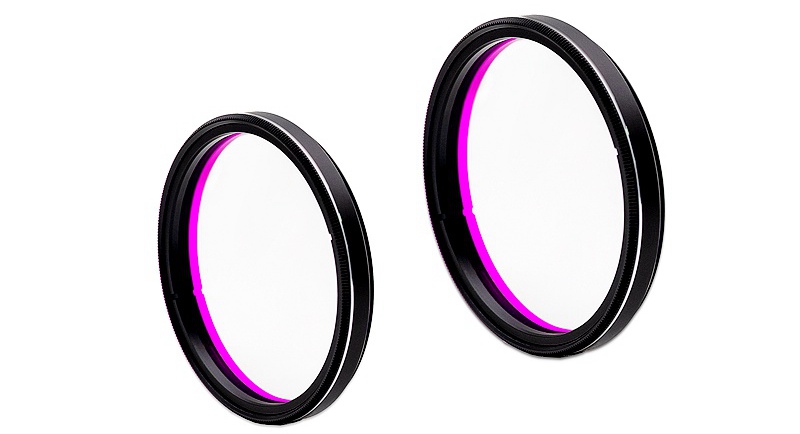
What is Light Pollution?
Light pollution, or photopollution, arises from excessive or poorly designed artificial outdoor lighting, such as streetlights, neon signs, and billboards. This light scatters in the atmosphere via clouds or fog, brightening the night sky and reducing star visibility. In 2025, LED technology has intensified this issue, impacting ecosystems and human health.
Global Light Pollution Challenges
Satellite imagery, like the 2012 Suomi NPP data, shows cities wasting light upward. By 2025, the International Dark-Sky Association (IDA) notes over 350 certified dark-sky places globally, highlighting efforts to combat light pollution, especially at observatories where astronomers monitor sky brightness.
Ecological and Health Impacts
Light pollution disrupts ecosystems:
- Birds collide with buildings due to misguiding lights.
- Insects like moths and dragonflies die from attraction to lights.
Sea turtles alter egg-laying due to beach lighting.
For humans, it may cause sleep disorders, increased cancer risks, and negative emotional effects, as per 2025 research.
Solutions to Reduce Light Pollution
Effective measures include:
- Minimizing unnecessary outdoor lighting.
- Using shielded fixtures to direct light downward.
Selecting dark-sky-friendly sources, like light pollution filters for astronomy.

OptoStokes’s Role
OptoStokes offers high-precision optical filters, including custom light pollution filters as UHC alternatives, enhancing astronomical observations and supporting environmental protection. Visit www.optofilters.com for UV, VIS, NIR, IR, and fluorescence solutions meeting global standards.


